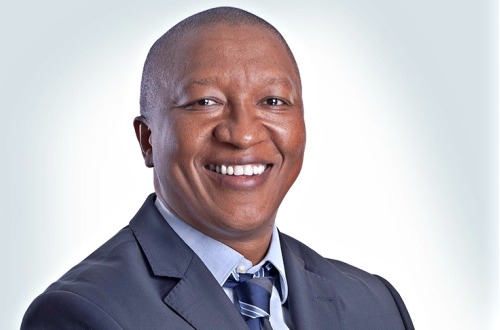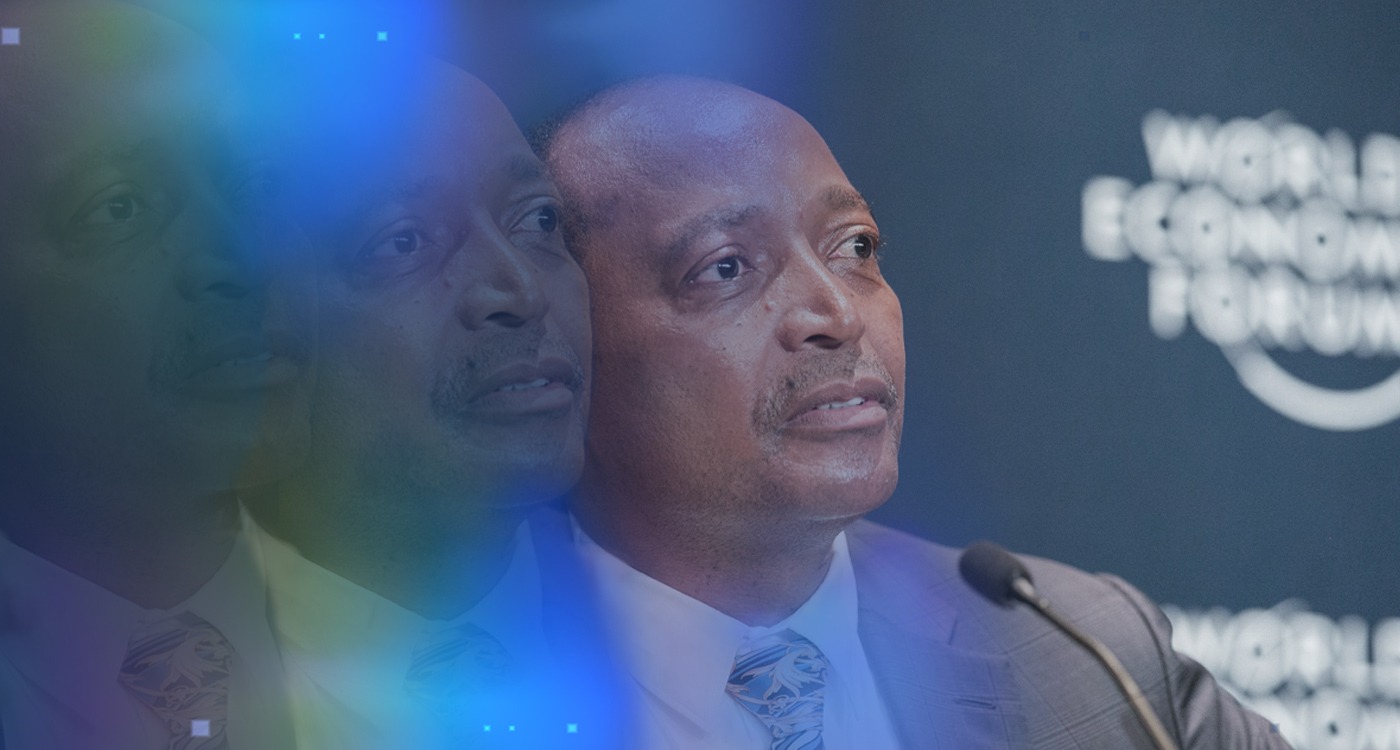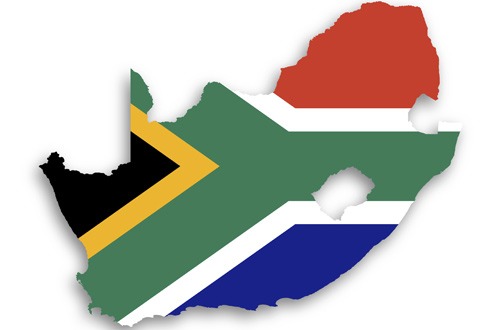
Volkswagen Group South Africa (VWSA) on Thursday said since 2015 it has invested R6.1 billion in new products, plants, and suppliers to develop local content.
This was revealed at a launch of a new Polo for both the domestic and international markets which will be manufactured on one production line that will also see a third shift being introduced in April due to expected demand.
In August 2015, VWSA Chairman and Managing Director, Thomas Schaefer announced an investment of around R4.5 billion in new product and facilities. The total investment exceeded R6.1 billion, which is partially due to exchange rate fluctuations and the approval of additional plant investments.
The majority of the investment spend was on capital expenditure for production facilities, local content tooling, quality assurance and manufacturing equipment as well as information technology upgrades. The group added that localisation remained a key priority for VWSA, with the new models at a 60 percent local content level, with on-going plans to achieve higher levels.
VWSA produced 110,000 cars in 2017, this will increase to 133,000 for 2018 of which 83,000 will be exported to markets around the world. This will include not only right-hand drive markets but also to some left-hand drive markets, especially for the Polo GTI. Maximum annual plant capacity is expected to be reached with a three shift operation of some 160,000 vehicles, in 2019.
“The South African government must be complimented, firstly for the introduction of the MIDP, which gave confidence to the industry and provided a stable base for the successor programme, the APDP which has also been successful in ensuring a future for the automotive sector in South Africa,” said Schaefer.
“The Automotive Sector of the South African economy accounts for approximately 7.4 percent of the GDP and accounts for the direct employment of 113,000 people. I am convinced that the next phase of the APDP will continue in the same vein and allow for continued automotive investment.”
The Premier of the Eastern Cape Phumulo Masualle said: “The automotive sector is one of the key sectors in our provincial economy mix, which we believe, alongside the Oceans Economy, Agriculture and Energy, if correctly leveraged, can see the Eastern Cape Province not only grow the regional economy and contribute towards further national economic growth but also become a leader in the drive to modernise and re-skill our workforce.
“We are particularly encouraged by Volkswagen South Africa’s commitment to not only their continued and expanding investment in the South African economy but also bold initiatives such as the announcement of an R86 million grant to SMMEs located in the manufacture and distribution space of automotive parts,” Masualle said.
“This is a clear signal of the private sector accepting that South Africa’s future prosperity will depend on the societal effort all of us are prepared to invest, not just government. We hope to continue our partnership to undertake a skills revolution in our province by jointly entering into training ventures so that we may be able to improve our skills base as an economy but also increase the employability and entrepreneurial prospects of our people.”
Trade and Industry Deputy Minister Bulelani Magwanishe said government’s commitment to local vehicle production was supported in our the Industrial Policy Action Plan (IPAP), with a prime focus on adding value in the manufacturing and industrial sector.
“Export promotion, job creation, and inclusive growth remain as the fundamentals of this policy. It is a privilege to commend VWSA on the launch of its new Polo and its investment of R6.1 billion. Therefore, this investment is particularly relevant to ensure expansion, socio-economic impact and the inclusion of Black Industrialists,” Magwanishe said. (via African News Agency)


